through serving a local delicacy to visitors, SPI is both creating jobs for women in the village of Kaole and improving their relationship with local cultural heritage
The Site
The site of Kaole dates back to the 8th Century AD. The main period of occupation was from AD1400-1800, and the ruins contain 22 tombs and two mosques, including what is likely the oldest mosque on the East African Mainland. However, because of poor relationships with the local community the site still suffers from destruction from encroachment and unsustainable use of the site.
The Community
The community of Kaole, near the town of Bagamayo, is a fishing and farming community with limited economic opportunities. The community has grown frustrated from witnessing the tourism to the nearby ruins without seeing benefits for themselves. This has created a poor relationship with the managers of the site.
The Project
SPI is working with the local community and heritage authorities to create a sustainable business in the community for local women to benefit from tourism. This business will be based on the local delicacy of sea-snail soup - a favorite with visitors! Local women will make and sell the soup, as well as local hand-made crafts, near the site.
Achievements
Eleven local women have formed a business called Wauto-Kaole. This stands for WAmama (women), Utamaduni (heritage/culture) na TOndo (shellfish) in Swahili!
The women have received training in business skills and begun selling soup to visitors and researchers, including archeologists from the University of Saint Andrews and the University of Dar Es Salaam.
Tanzania’s government banned plastic bags in 2019, so Wauto-Kaole began weaving and selling beautiful reusable products using traditional techniques.
In March 2020, Wauto-Kaole members sold products and spoke with visitors at an exhibition in Bagamoyo. The Vice Chancellor of the University of Dar Es Salaam was among one of the 300 guests in attendance at the event.
The site authorities are very happy with the project and relationships are improving!
The Big thing we have learned
Good relationships can be developed with hard work and local knowledge!
The Future
The business is just beginning and the women need more training to make it sustainable. We need your help to do that!
Kaole PROJECT UPDATES
#Throwback to last week when the Vice Chancellor Professor William Anangisye, from the University of Dar es Salaam, visited SPI's #WAUTO women's association at an exhibition in #Bagamoyo, #Tanzania 🤝🇹🇿
— SPInitiative (@SPInitiative) March 21, 2020
https://t.co/OZXKx6eFbw @urithiwetutz @IchumbakiE pic.twitter.com/BTgCRfUlP7
Eleven local women near the Kaole ruins started a business called WAUTO-KAOLE after receiving ongoing business training from SPI. #WAUTO stands for WAmama (women), Utamaduni (heritage/culture) na TOndo (shellfish) in #Swahili!#BuildFuturesSavePasts #Tanzania @urithiwetutz pic.twitter.com/s3UPNf14xk
— SPInitiative (@SPInitiative) June 7, 2020
#Tanzania outlawed plastic bags this summer in an effort to tackle plastic pollution in East Africa. Our #WAUTO initiative began weaving and selling handmade reusable bags as a result! #plasticfree #sustainableworld #BuildFuturesSavePasts pic.twitter.com/JttUqVH8se
— SPInitiative (@SPInitiative) October 10, 2019
Would you eat sea snail soup? 🐌 To all our adventurous #travellers out there, come visit our #WAUTO project and feast on this local delicacy after visiting the #Kaole ruins in #Tanzania 🇹🇿 pic.twitter.com/IFwQKYWq7j
— SPInitiative (@SPInitiative) October 12, 2019

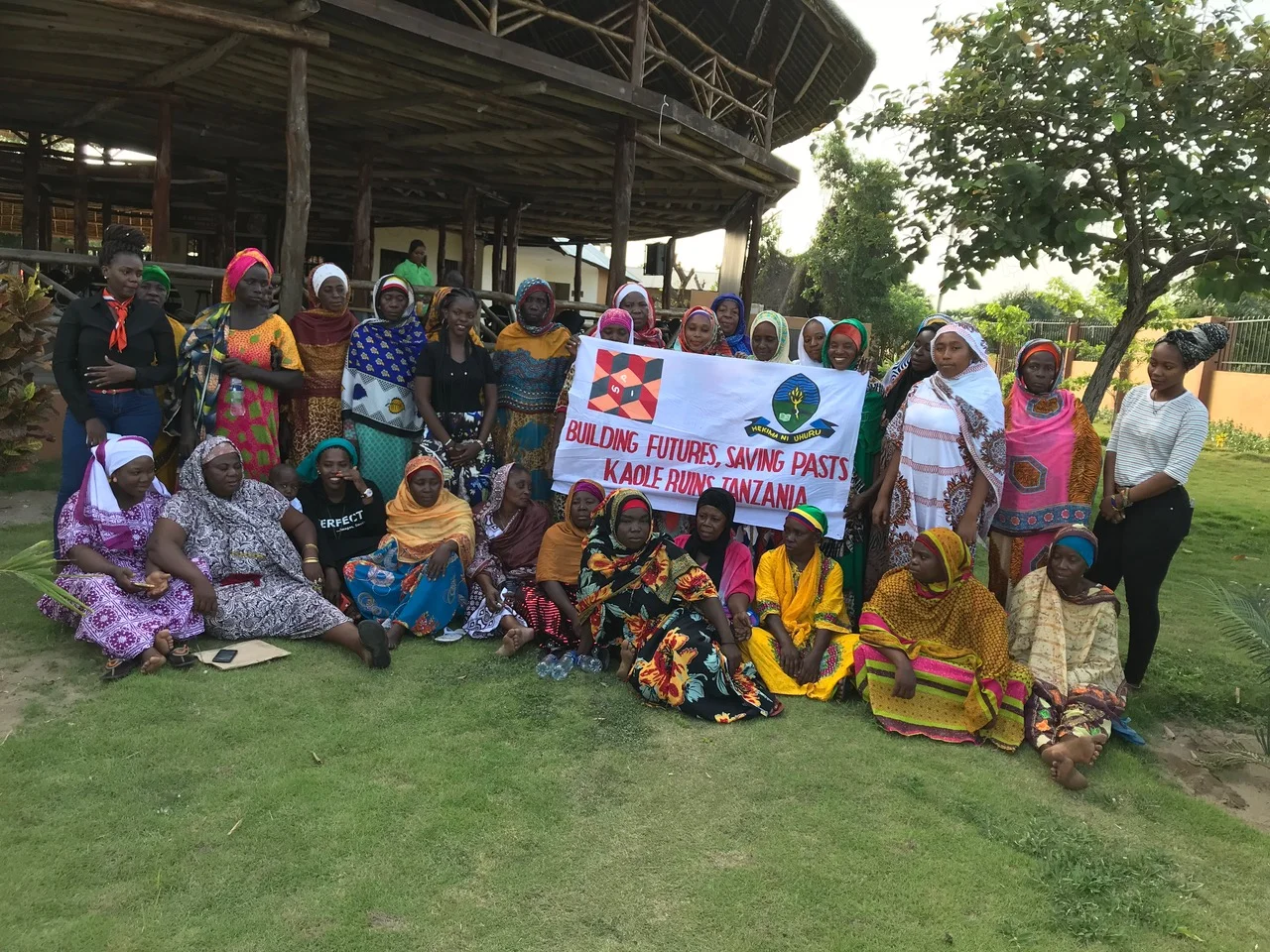
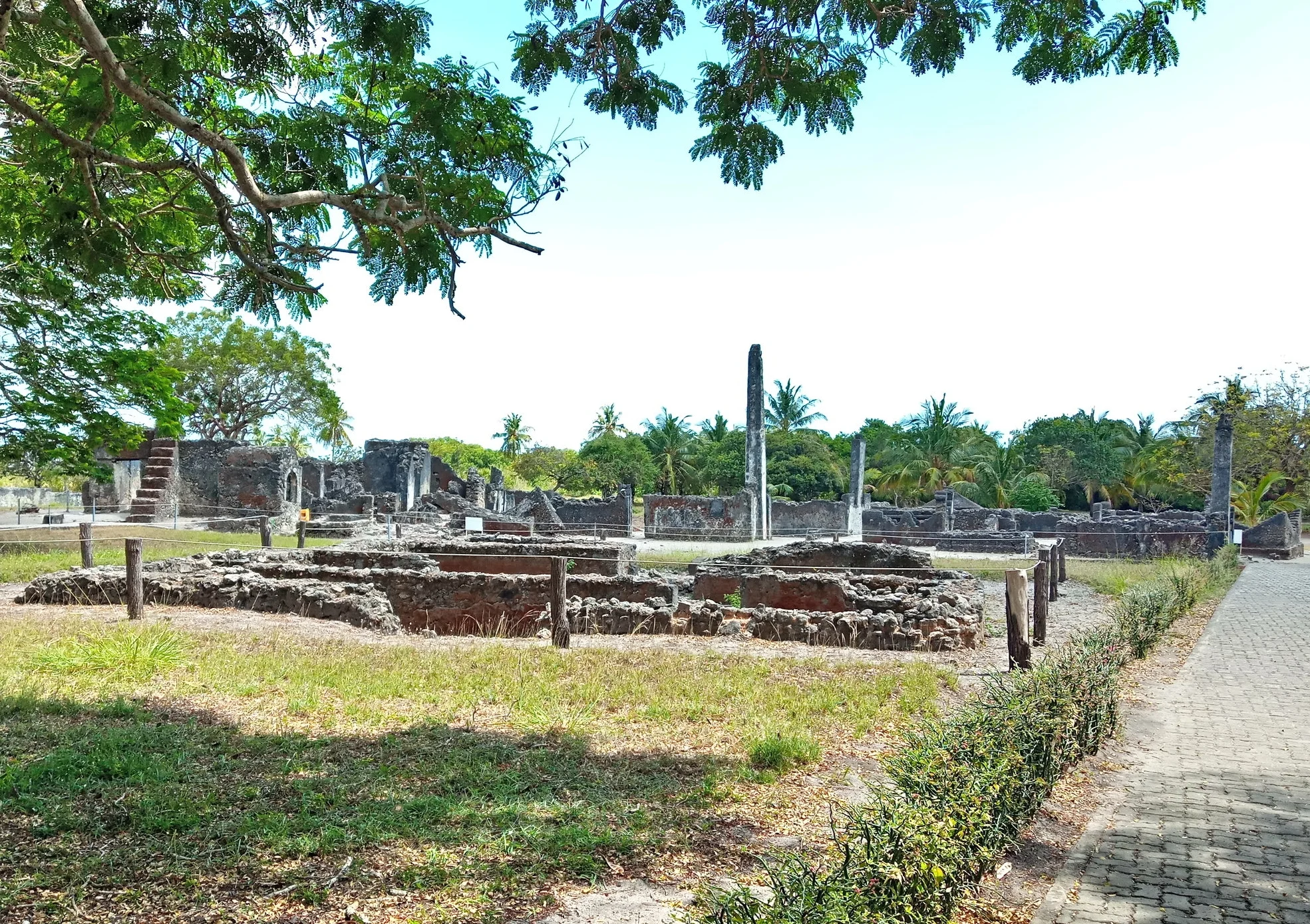




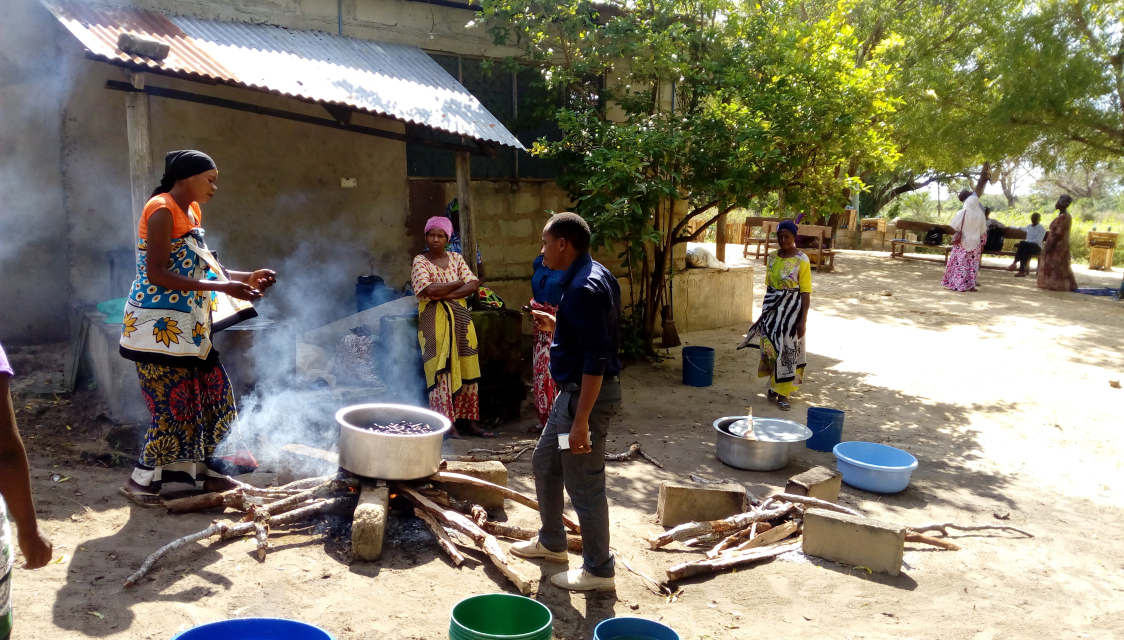
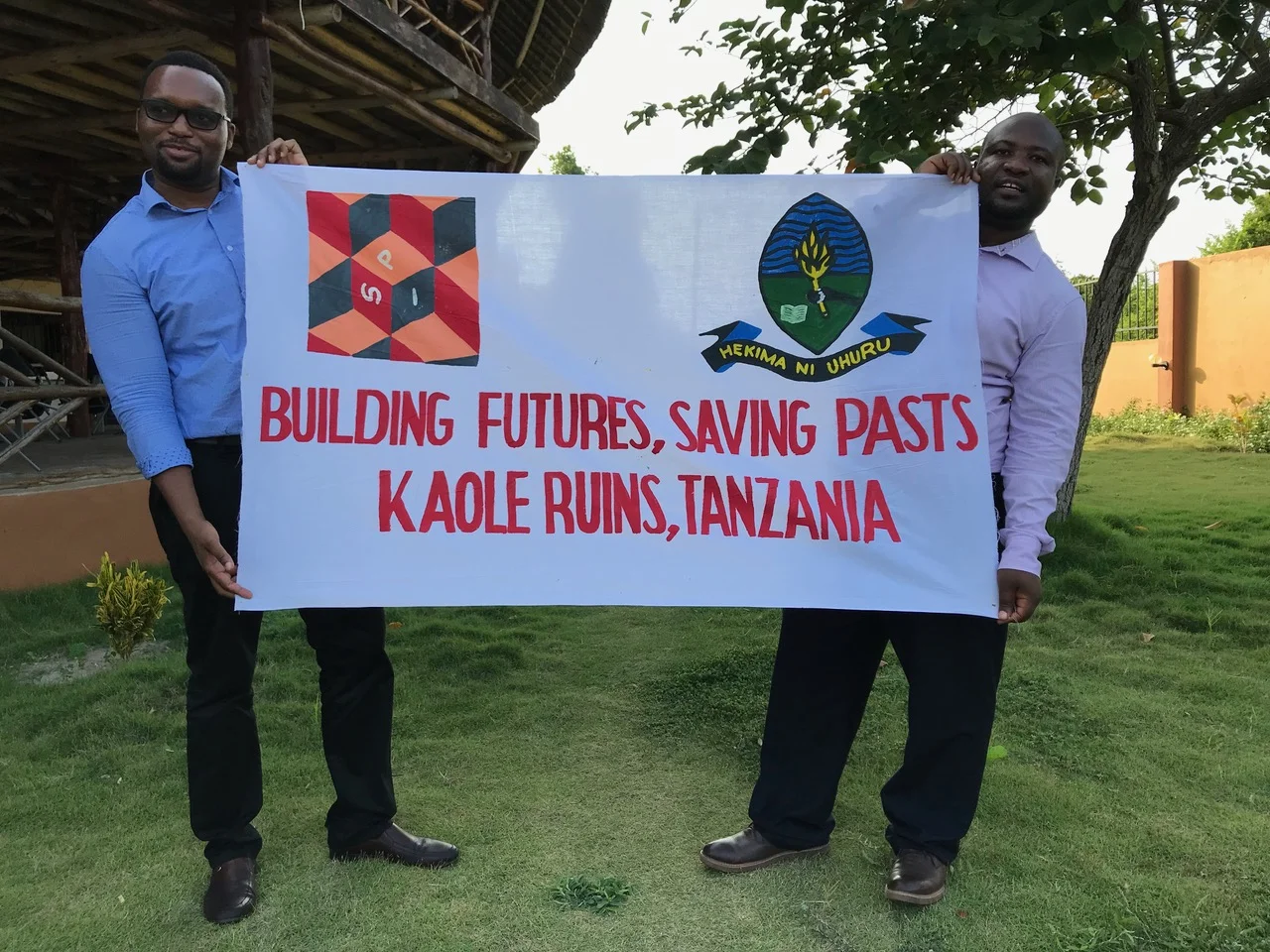



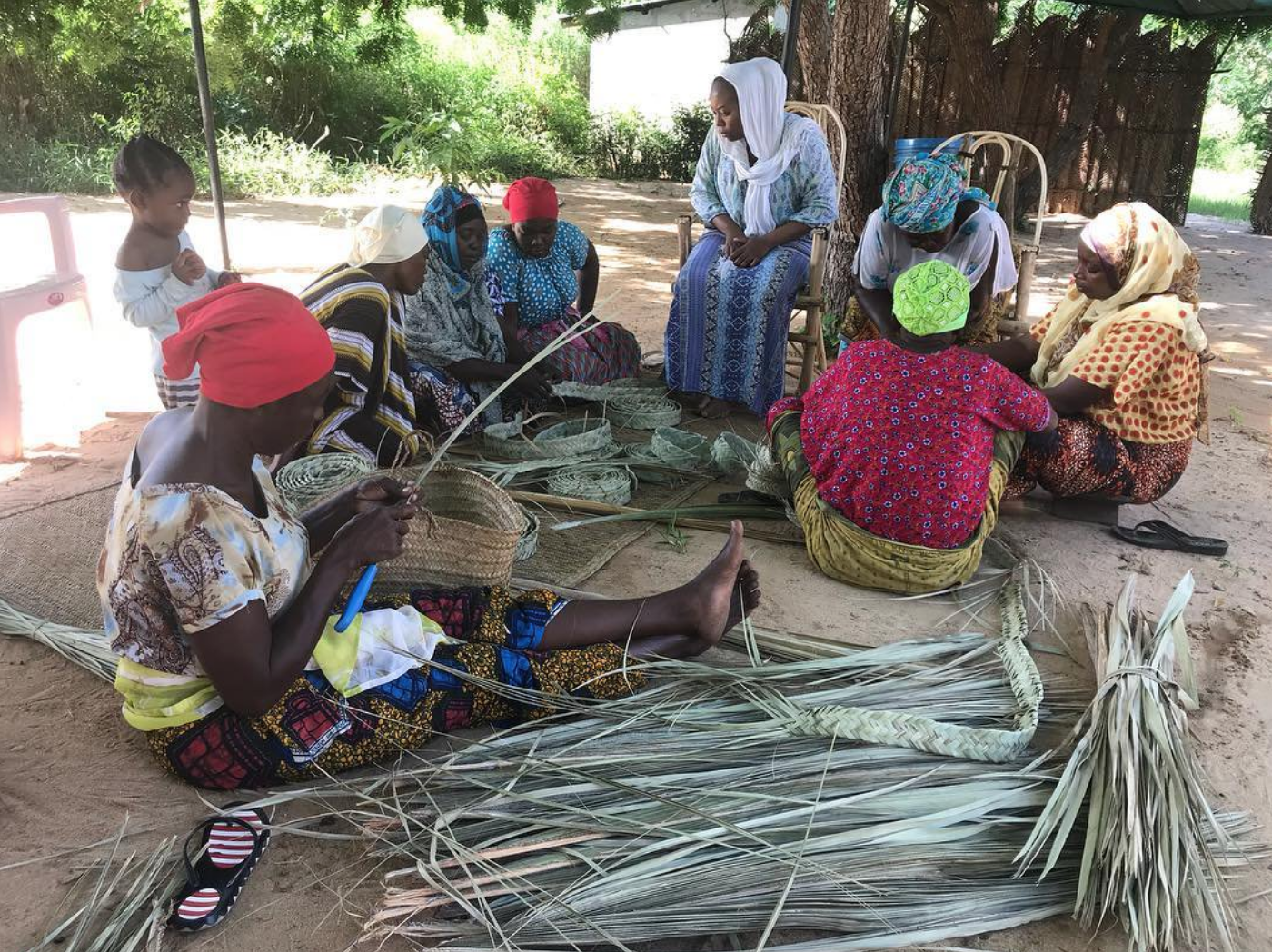




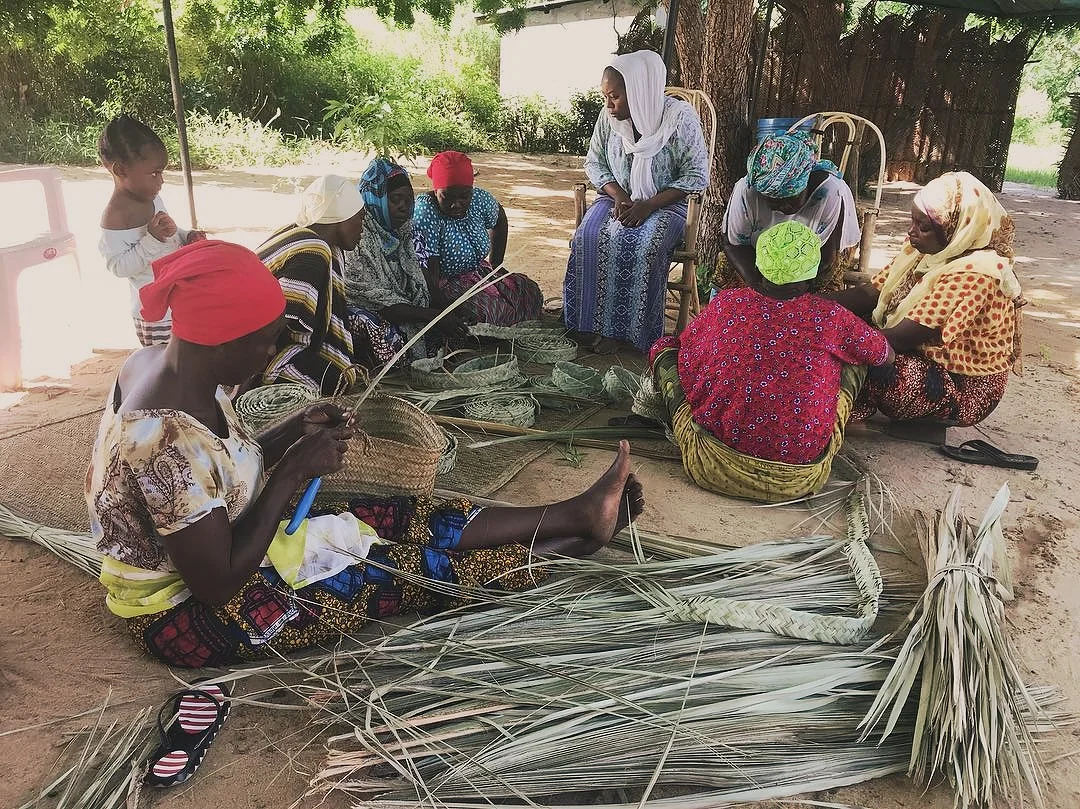

We couldn’t have done any of it without you! With 2020 around the corner, we ask for your support once again so SPI can continue to elevate women and other marginalized entrepreneurs globally. If you make a gift by January 10th, your donation will be matched!